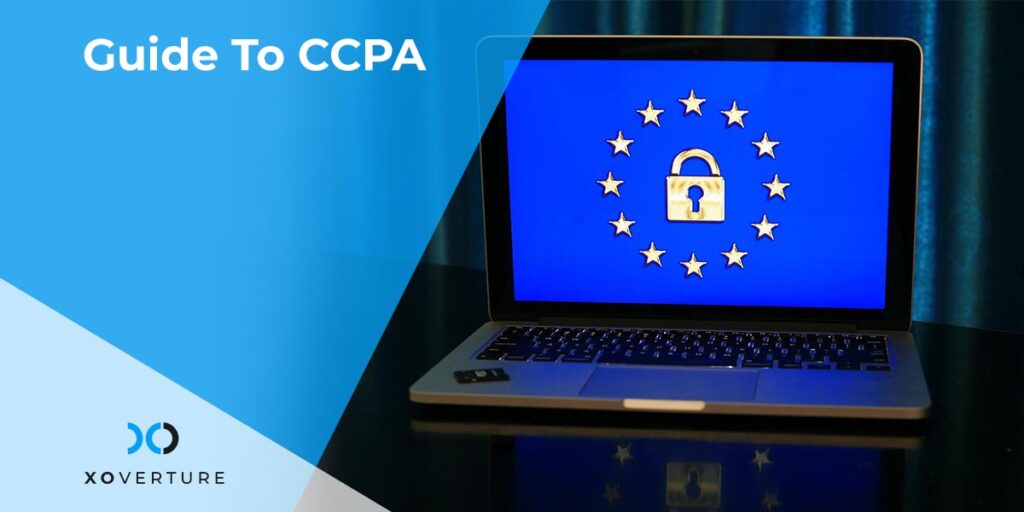Maintaining CCPA compliance has never been more crucial as more businesses come under scrutiny for how they collect and use consumer data.
The CCPA was introduced to give control back to the consumers, however, the success of this initiative depends on how well businesses can comply. And before businesses can comply, they must find and secure the data they require, which poses unique challenges on its own. This guide contains all the information you require to ensure that your business complies with the CCPA.
What Does The Abbreviation CCPA Stand For?
California Consumer Privacy Act.
What Is CCPA?
The CCPA is California’s most recent privacy law, designed to strengthen consumers’ rights to privacy for California residents in the United States. On January 1st, 2020, the law came into effect, and on July 1st, 2020, it became completely enforceable.
The CCPA (sometimes known as the “California GDPR”) imposes new rules for handling personally identifiable data and gives consumers more rights; as a result, it is anticipated to have a considerable effect on business operations and overall liability.
When Does The CCPA Apply?
The CCPA generally applies when both of the following circumstances exist:
- You are a business owner,
- Your target consumers are residents of California.
What Companies Does CCPA Apply To?
Companies conducting business in California are subject to the CCPA and:
- Have a combined annual gross revenue of more than $25 million or
- Each year, collectively, purchases, receives, sells, or shares for commercial purposes the personal information of 50,000 or more individuals, households, or devices.
- Generates at least 50% of its annual revenue from the sale of customer information.
Such companies need to be CCPA compliant.
Penalties If Your Company Is Not CCPA Compliant
Various penalties may apply if CCPA rules are not followed:
- If a company violates the CCPA law, it may be penalized $2,500 (if it was inadvertent) or $7,500 for each offense (if intentional).
- Consumers have the right to sue for $100 to $750 per incident if their personal information was disclosed as a result of a breach. However, if real damages are greater than $750, this value may rise.
How To Assess Whether Your Website Is CCPA Compliant
- To determine whether your website complies with the CCPA compliance requirements, consider the following factors:
- Does the Privacy Policy comply with the CCPA Requirements, and was it revised in the last 12 months?
- Does your website offer simple options for consumers to opt not to sell their personal information?
- Is it simple for consumers to review their personal details or get in touch with you for more information?
- Is it simple to confirm a user’s identity before allowing access to or deleting their personal data?
Has Any Other State Rolled Out CCPA?
The purpose of the law is to safeguard consumer data and personal information and to promote transparency in the collection, storage, use, and sharing of data. Although no other state has gone as far as California’s new privacy law. If the federal government doesn’t intervene with federal privacy law, it will probably serve as the model for how all states issue their laws.
Several states such as New York, Illinois, Vermont, and others are in the process of coming up with their versions of the privacy law to ensure consumer data is not compromised.
How Can XO Help
It’s not a matter of if, but rather when, as the adage goes. It is a good thing that the California Consumer Privacy Act has been accepted, and it is very likely that other states will soon enact their own data privacy legislation. The sooner your business commits to the initiative, gives it a priority, and puts systems in place to support it, the faster you can go forward with confidence that you are contributing to the greater good.
Need help with CCPA compliance? Contact XO experts to help you comply with CCPA requirements. We provide a range of capabilities that allow businesses to update their policies and procedures to protect themselves from lawsuits and data breaches.




